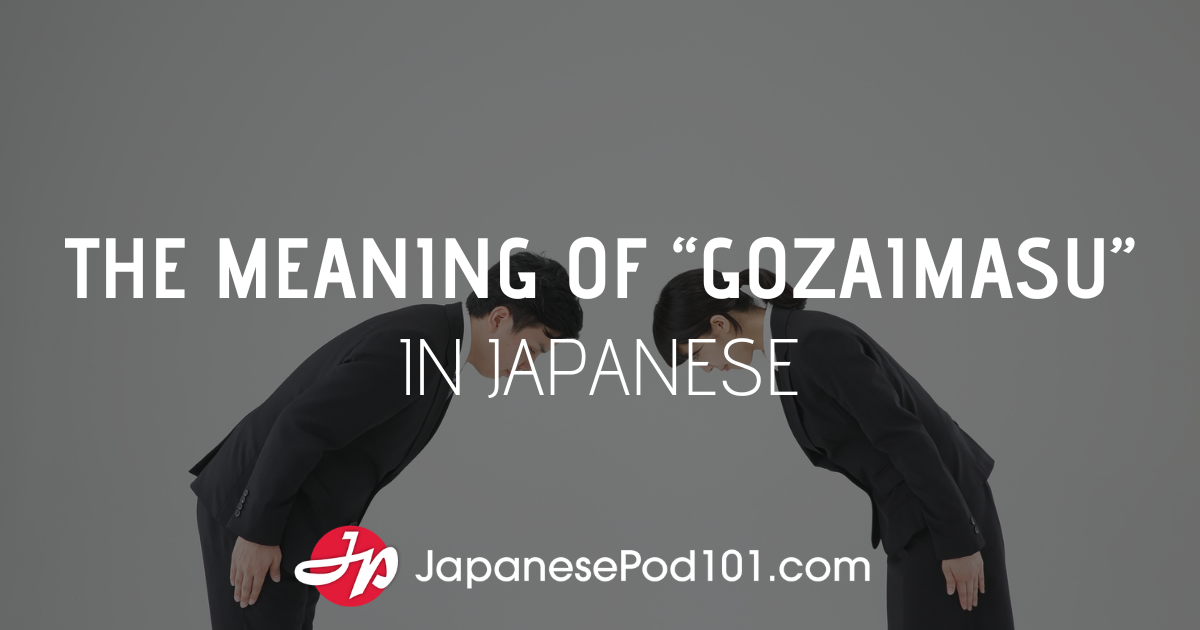Archive for the 'Japanese Alphabet' Category
September 9, 2010
Japanese Pitch Accent
Can you imagine offering to buy your new girlfriend a box of "rain" while shopping in Tokyo instead of "candy?" Impressive if you can pull it off, but not much help if she has a sweet tooth! When you can hear and say the pitch properly in Japanese, you won't be caught making embarrassing mistakes!
Pitch accent refers to a characteristic of language where every syllable can be pronounced with a high or low pitch. Pitch accent is considered different from the concepts of stress and tone that appear in English and Chinese, respectively.
English: Stress
Chinese: Tones
Japanese: Pitch
Some assert that English has over 30,000 syllabic sounds. In contrast, Japanese has only 111 (112, according to some linguists). There are many... Show more
September 2, 2010
Did You Just Call Me Grandma?
The concept of long and short vowel sounds is an important concept to understand when learning Japanese pronunciation. Vowels can be lengthened, and there is a very distinct difference between long and short vowels. Note that in this lesson, a macron (small horizontal line over a vowel) denotes a long vowel that we hold for twice as long as a regular vowel.
double vowels
and vowel pairs
Sounds like...
ああ aa
あー ahh
いい ii
いー ee
うう uu
うー ooh
ええ ee
えい ei
えー ehh
おお oo
おう ou
おー ohh
In many cases, whether the vowel is long or short will determine the meaning of the word. Let's illustrate this with some examples:
かど
カード
kado
kaado
"corner"
"card"
in the case of kaado ... Show more
August 26, 2010
The Second One Counts!
You try your hand at Japanese at the ramen shop, and ask for "plain" ramen...but your bowl comes back covered in clams! Turns our you asked for asari ("clams"); when you meant assari ("plain").
in Japanese, sometimes you will see double consonants in the middle of a word, like (kk, ss, tt, cc, etc.). Here, you need to pause in the middle as we take extra time to pronounce double constanents.
As with the example of "asari" and "assari", the double consonants can really change the meaning of words, so it is key to not overlook them.
Did you know about these very similar sounding words?
にし (nishi)"west" and にっし (nisshi) "daily report
スパイ (supai) "spy" and すっぱい (suppai) "sour"
かた (kata) "shoulder" and かった (katta)... Show more
August 19, 2010
When Size Does Matter!
Are your eyes failing you, or is that hiragana character tinier than the other one? In Japanese, since there is a limit of hiragana characters, there is the need for some combinations. There are in total, 33 combination sounds that are made using small ya, yu, and yo.
The following are examples of these combinations:
KYA
KYU
KYO
example :
きゃく kyaku ( "customer" ), きゅう kyuu ("nine" )
SHA
SHU
SHO
example :
しゃかい shakai ("society" ) ; しゅみ shumi ("hobby" )
CHA
CHU
CHO
example :
ちゃいろ chairo ("brown" ) ; ちゅんちゅん chunchun ("chirp chirp" )
NYA
NYU
NYO
example :
ぐにゃぐにゃ gunyagunya ("crooked" )
HYA
HYU
HYO
example :
... Show more
August 12, 2010
And The Evolution Continues…
Because the range of syllables (spoken and written) in Japanese is limited, we cannot properly render many foreign sounds in Japanese. And as many more foreign words are used daily in Japanese, the solution was the addition of "new" katakana characters.
Here are a few of the more common ones:
FA
FI
FE
FO
example words:
ファイル fairu ("file" ) ; フィンランド Finrando ("Finland" ) ; サンタフェ Santa fe ("Santa Fe" ) ; アイフォン aifon ("iPhone" )
VA
VI
VU
VE
VO
example words:
ヴァイオリン vaiorin ( "violin" ) ; ヴィクトリア Vikutoria ("Victoria" (name)) ; デジャヴ deja vu ("déjà vu" ) ; ラスヴェガス Rasu Vegasu ("Las Vegas" )
TI
TU
Pronounced in English as "tee" and "too."
... Show more
August 5, 2010
The Case of The Missing Syllables
Have you noticed that in words like shika ("deer" ) and hiku ("to pull" ), the "i" sound is almost inaudible? This often happens also at the ends of the grammatical endings desu and masu, which are pronounced and , respectively. We call this devoicing "i" and "u". That means that they become almost "whispered." This happens when these vowels come between two of the voiceless consonants: p, t, k, s, or h.
Also, you will notice that in Japanese, there are some sound syllable sounds that don't exist.
For example:
"si" doesn't exist, but is replaced by "shi".
"ti" becomes "chi" and "tu which becomes "tsu"
"hu" doesn't exist, "fu" is used. However, the "fu" sound is a lot lighter than in English.
(To make the sound, blow... Show more









